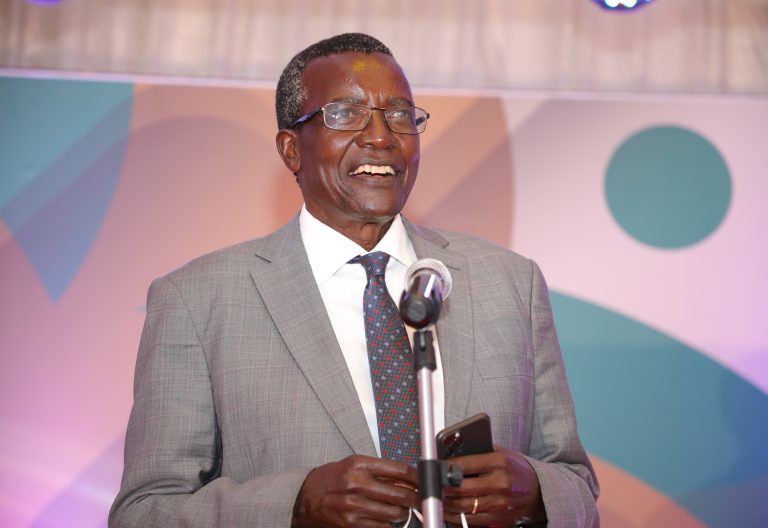Former Chief Justice David Maraga has condemned the violent scenes encountered by Butere Girls’ School students, who were set to perform the ‘Echoes of War’ play during the Kenya Schools and Colleges National Drama and Music Festival in Nakuru County.
Police lobbed teargas at the students, and this act has been condemned by various leaders, the latest being the retired judge, who says the use of force against students is not acceptable.
“I condemn, in the strongest terms possible, the actions by the police and persons in authority that sanctioned and condoned the recent acts on students of Butere Girls High School at the annual Kenya Schools and Colleges National Drama and Film Festival in connection with their school play ‘Echoes of War’.
“The use of force against minors—children who were engaging in a peaceful, creative, and educational activity—is not only unconscionable but also unconstitutional and therefore totally unacceptable. It is a flagrant violation of the Constitution,” Maraga said in a statement on X posted on Thursday, April 10, 2025.
While condemning the state, Maraga cited Article 33 of the Constitution of Kenya 2010, which guarantees every person the right to freedom of expression, including artistic creativity.
“No child should be punished or endangered for thinking critically, speaking boldly, or performing creatively. Silencing students through force and fear is a direct assault on their constitutional rights.
“The authorities responsible for this heinous violation of students’ rights must remember that in due time they will be held accountable. The wheels of justice, though they grind slowly, will surely give us the country we deserve. The perpetrators will be brought to book someday,” he said.

Defending rights
Maraga added that every citizen has a duty to protect the rights guaranteed under the constitution.
“Let us not raise a generation that fears its own voice, especially when they are constitutional guarantees. Let us protect, nurture, and celebrate the courage of our young people—their voices matter.
“Any responsible citizen of Kenya, therefore, should play their part in protecting and promoting constitutional guarantees,” he concluded.
At the centre stage of the drama is former Kakamega County Senator Cleophas Malalah, who is the play’s scriptwriter.






